In football manager parlance, the dreaded vote of confidence from the club chairman often shortly precedes an inevitable sacking. So when Keir Starmer said on Monday he has “full confidence” in his beleaguered chancellor Rachel Reeves, tongues started wagging on her future.
It was noticeable that the prime minister had to be asked twice before he answered the question, and he avoided saying her job was guaranteed until the next election while on camera.
Only three hours later, at an off-camera briefing, did the Downing Street official spokesperson say Ms Reeves will be chancellor “for the whole of this parliament”. That’s not the same as the prime minister doing it.
Questions over whether Ms Reeves will survive would have been unthinkable six months ago. But with the economy on the brink of a recession, interest rates set to rise and business confidence in the government at its worst point since the Covid pandemic, someone will have to take the blame.
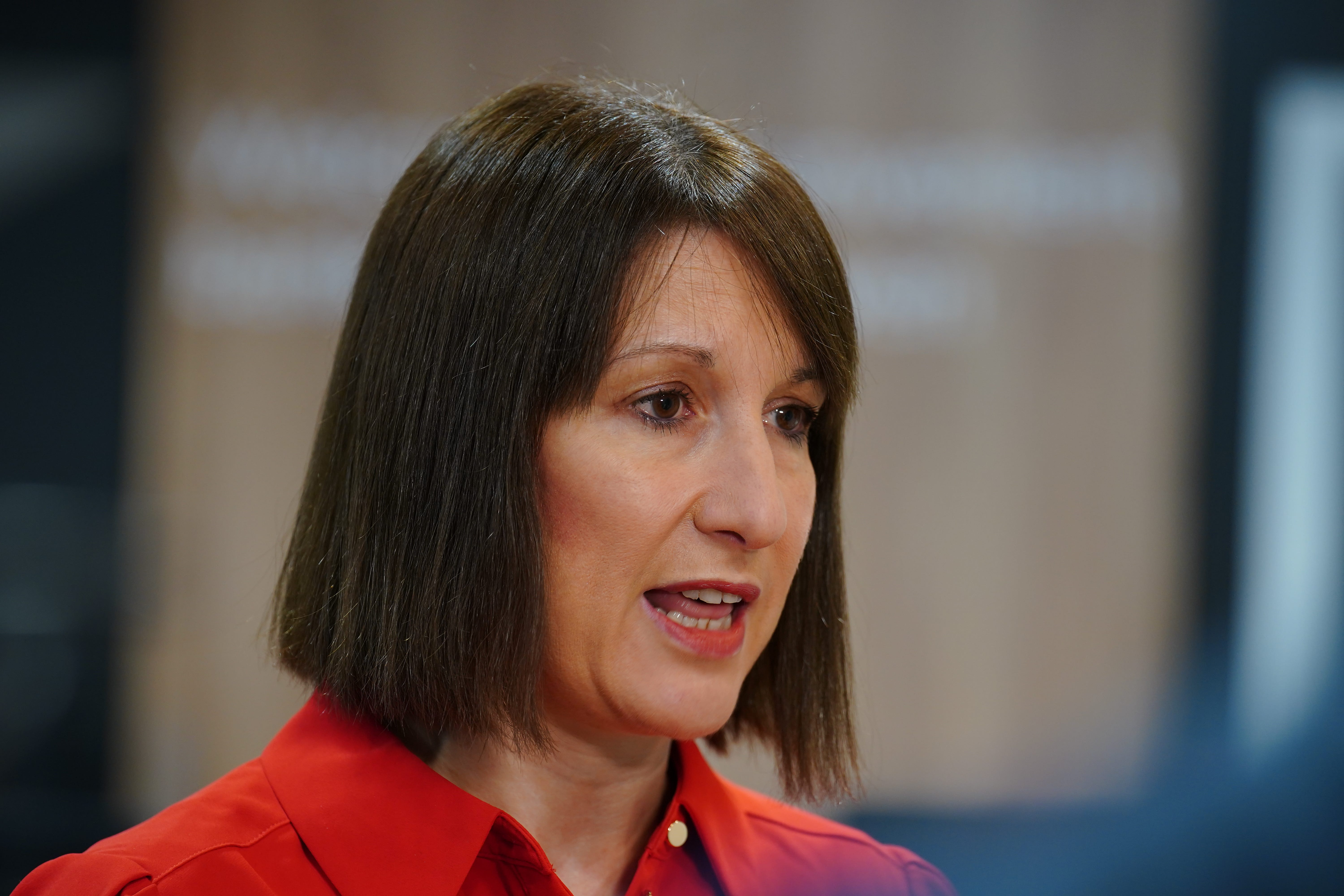
The nasty “Rachel from accounts” jibe has stuck, not only because people think she exaggerated her CV in previous jobs, but there is now a sense she is in over her head. Her haggard demeanour in the Commons last week did nothing to improve that image.
But the one thing in Ms Reeves’s favour is that her strategy has been so closely tied to the prime minister’s, and they have been in lockstep. In addition, prime ministers who either sack their chancellors or have them resign do not tend to last long.
The question is, who would be able to step in to fill her shoes if she is forced out with turbulent bond markets and a falling pound? Here are five possible names:
Darren Jones
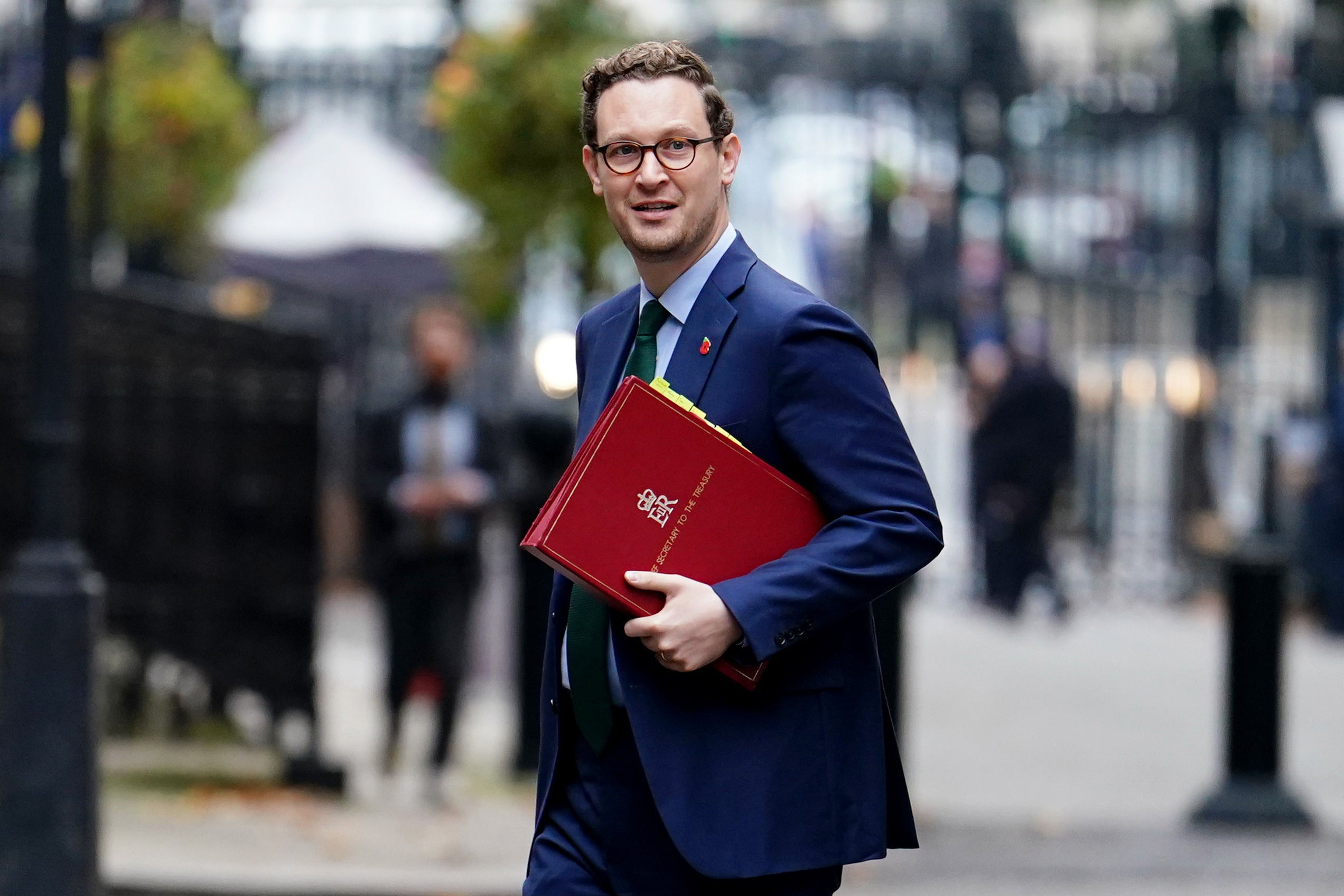
Pros: Currently number two in the Treasury, Darren Jones is seen as a rising star. He would follow Rishi Sunak in being promoted from chief Treasury secretary to the top job in one step – before that, Norman Lamont was the last one to achieve the feat. Noticeably Mr Jones was wheeled out to defend the government’s economic strategy in the Commons last week.
Cons: He could be seen as too green and inexperienced for the role.
Wes Streeting
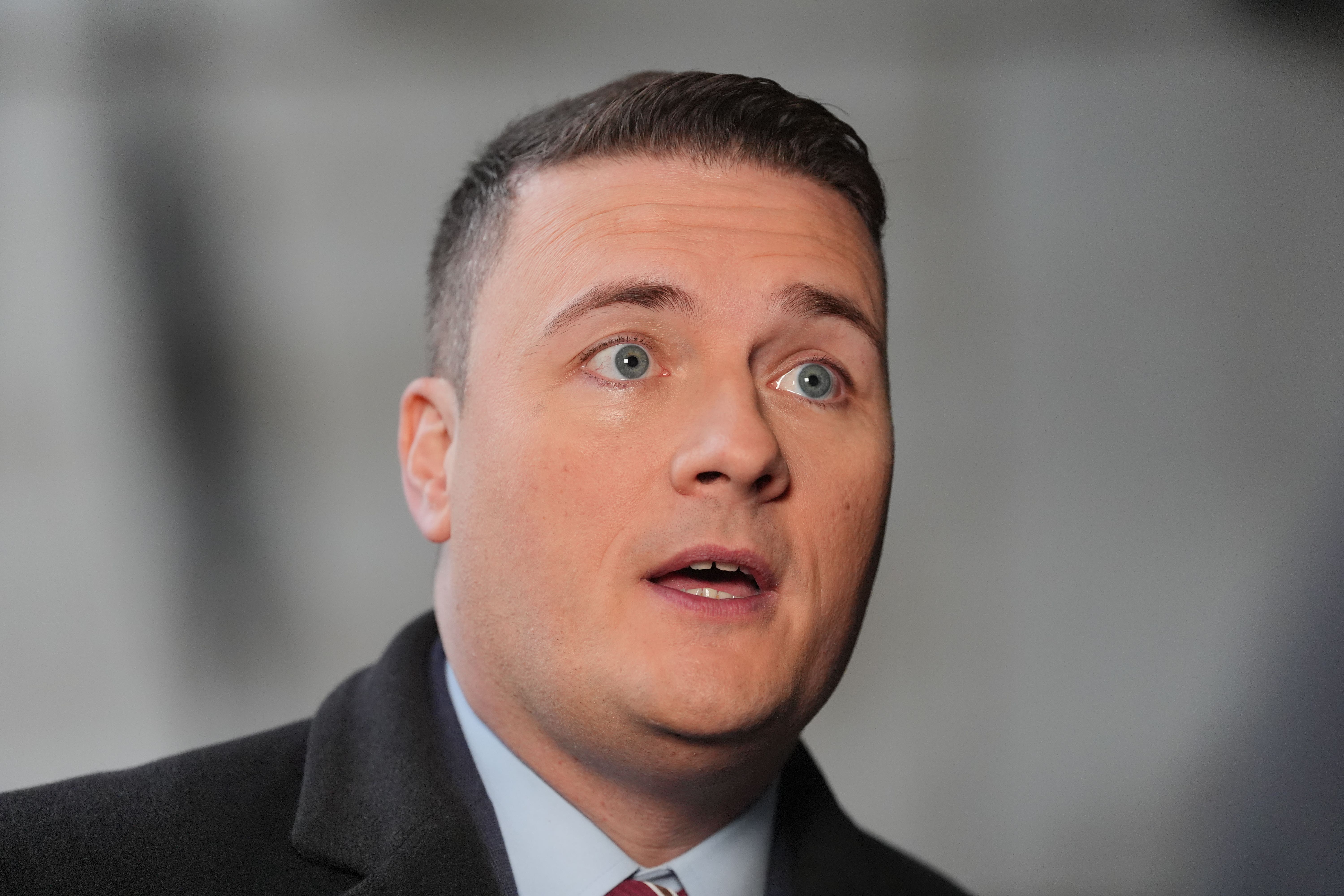
Pros: The health secretary is one of the star turns of the government and has made a strong start with his brief of fixing the NHS. As probably the most economically right-wing member of the cabinet, his appointment would be welcomed by business leaders and the markets.
Cons: Wes Streeting is a hate figure for the left and there would be question marks over whether he has the sufficient economic background.
Pat McFadden

Pros: The ultimate safe pair of hands with vast experience, Pat McFadden is seen as the de facto deputy prime minister running the machinery of government from the Cabinet Office, as chancellor of the Duchy of Lancaster. Fiscally conservative, he again could calm fears on the markets and appease business leaders.
Cons: The advantage of his current position is that it is relatively anonymous, but his previous incarnation as a key lieutenant of Tony Blair’s back in the previous Labour government will alarm some in the party.
Ellie Reeves
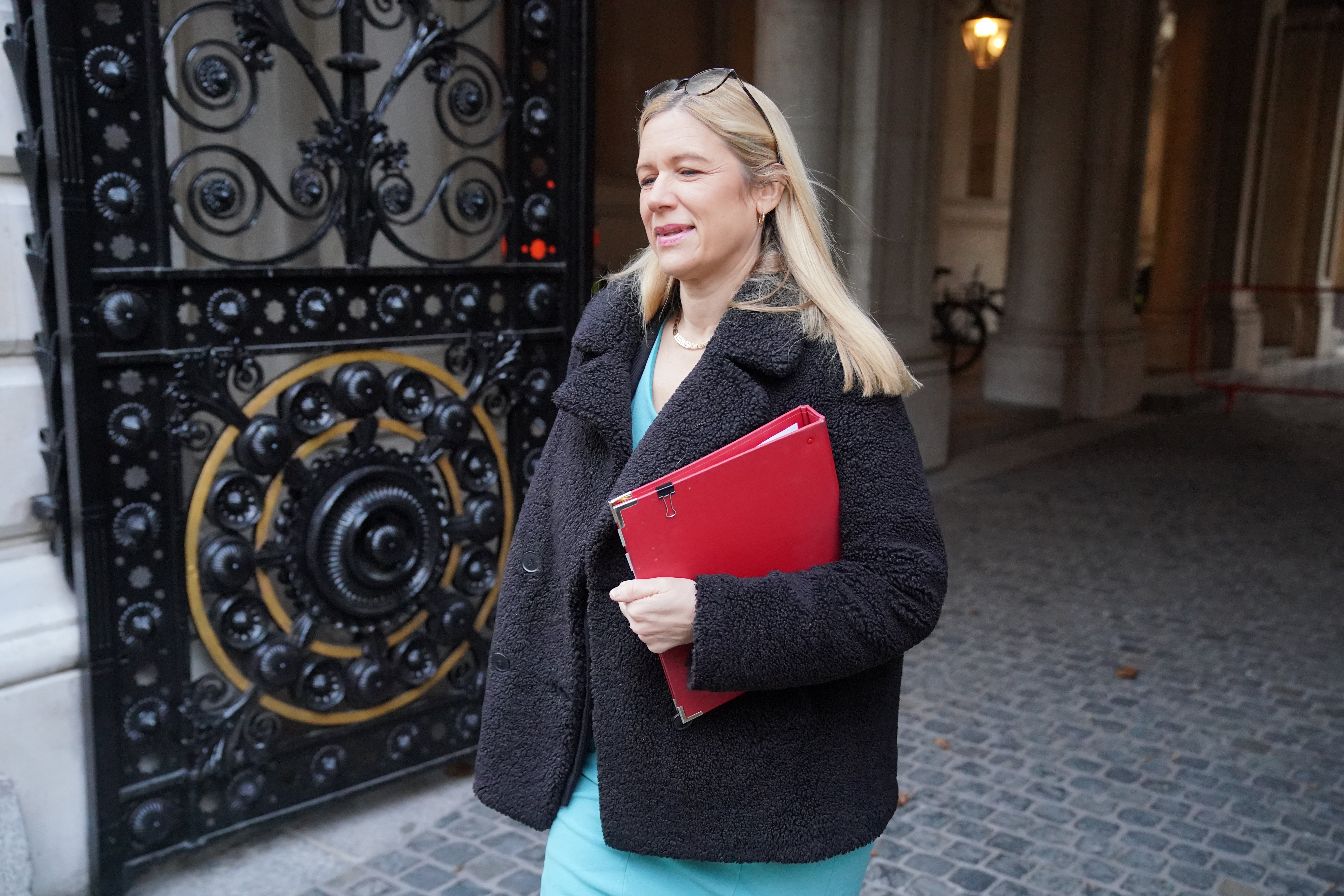
Pros: Ellie Reeves is currently party chair and another solid member of the government, with the added intrigue of one sister replacing another in a key post.
Cons: While the Reeves sisters do not seem to share the Miliband brothers’ taste for rivalry and backstabbing, the headlines would write themselves.
Douglas Alexander
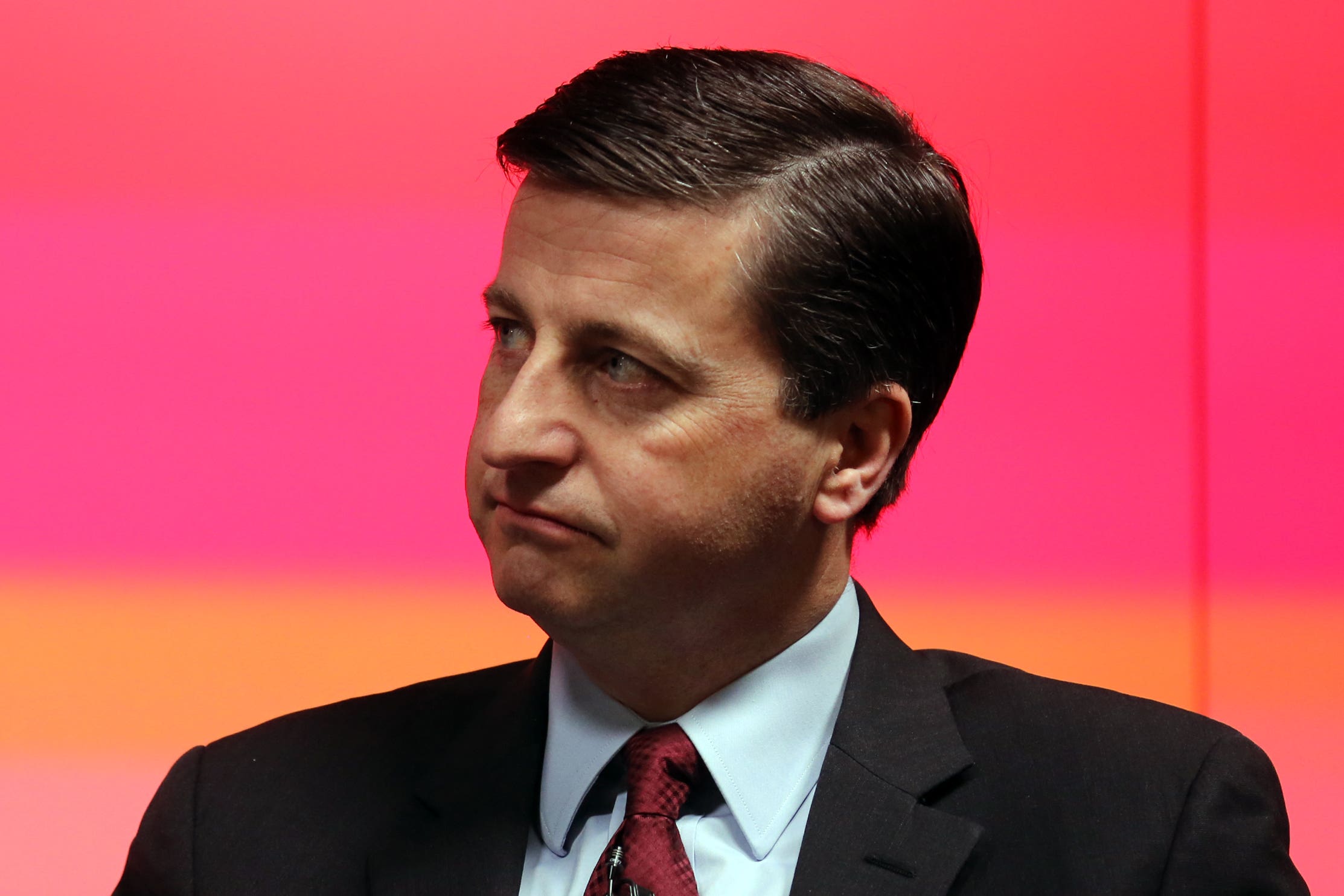
Pros: Currently trade minister but tipped as a future foreign secretary, Douglas Alexander had experience as a cabinet minister and one of Labour’s genuine thinkers in Gordon Brown’s government. He would be seen as a grown-up appointment to a difficult role.
Cons: He has been out of parliament for almost a decade, which may have blunted his political and governmental skills at a time when the prime minister needs a chancellor at the top of their game.
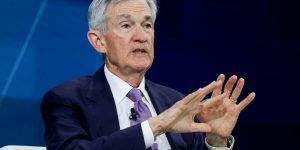












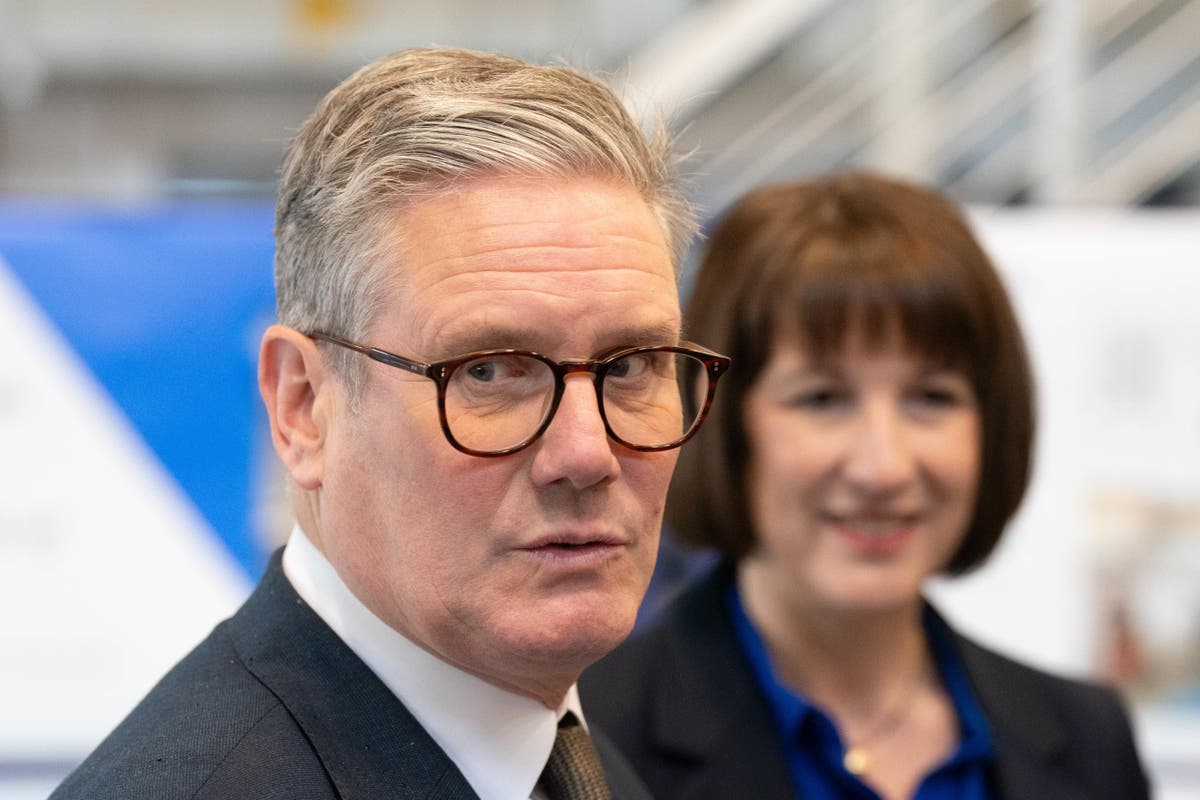

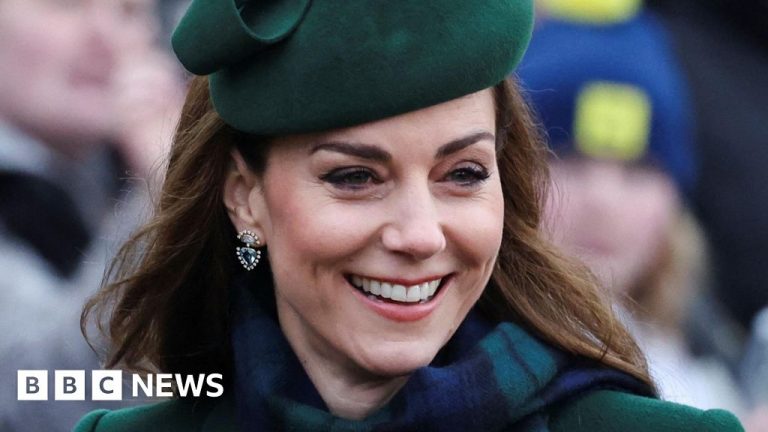


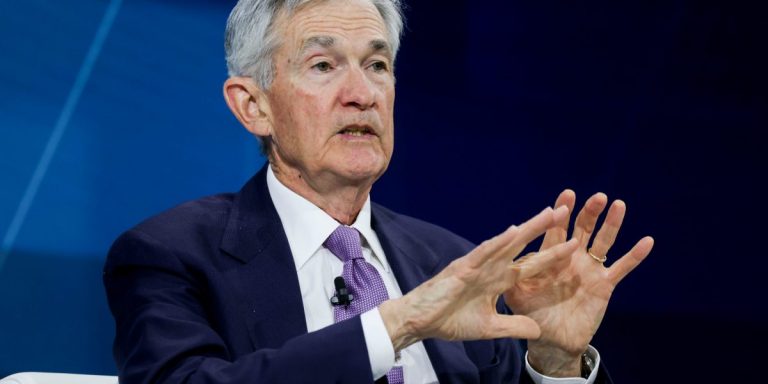






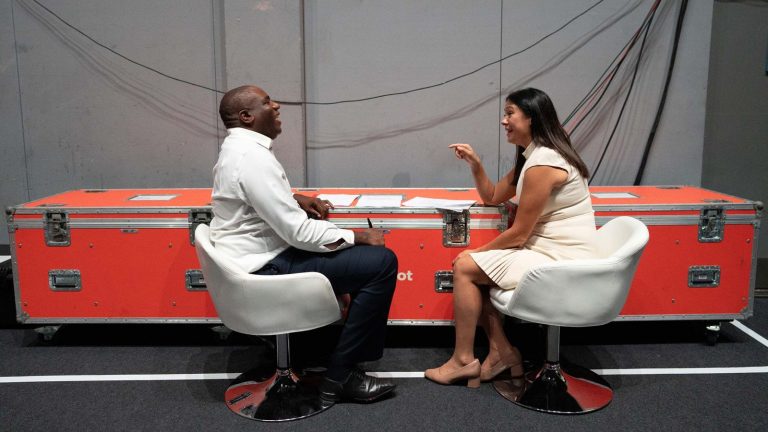
+ There are no comments
Add yours